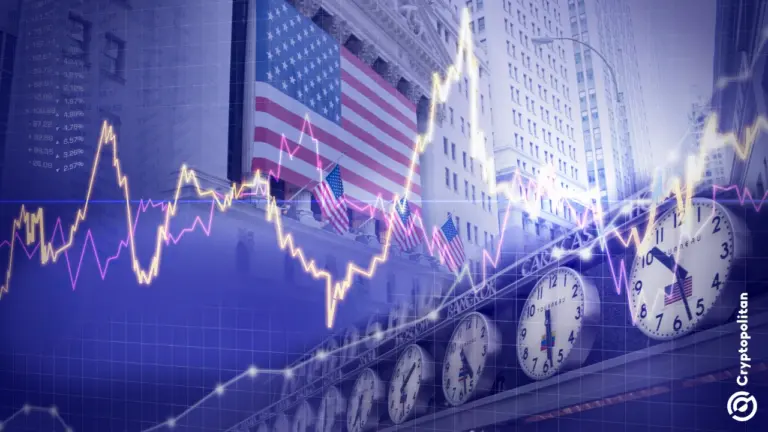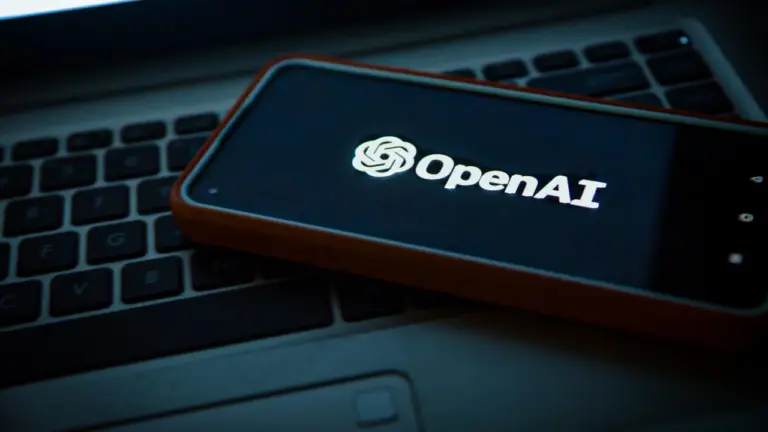Peter Schiff Advocates Tokenized Gold as Blockchain’s Future
- Peter Schiff supports blockchain use in gold tokenization.
- Shift could affect crypto markets.
- Gold-backed tokens may gain momentum.
Schiff’s comments highlight a pivotal shift toward real-world asset tokenization, potentially reshaping cryptocurrency focus on blockchain-backed gold assets.
Peter Schiff, economist and CEO of Euro Pacific Capital, recently endorsed the blockchain’s role in tokenizing real assets. He believes gold-backed tokens present blockchain’s most compelling use case, setting a new trend in the industry. Peter Schiff is noted for his criticism of speculative cryptocurrencies but acknowledges blockchain’s potential in digitizing physical assets like gold. His remarks at the Bitcoin 2025 Conference emphasized the value of tokenized gold.
“Gold is a better store of value than Bitcoin, and tokenizing it for liquidity is a way forward.”
Gold-backed tokens are expected to alter the landscape of digital currencies. Schiff suggested a potential launch of his own gold-backed stablecoin, pointing to rising private and institutional interest in asset-backed tokens. Industry observers note that real-world asset (RWA) tokens reflect increasing institutional interest, with rising activity in projects like Pax Gold and Tether Gold. Schiff’s push for gold-backed tokens comes as no major regulatory changes hinder these plans. However, cryptocurrencies like Bitcoin may see decreased demand, driven by the attention on blockchain’s application in tokenized gold. Discussions among crypto advocates indicate a split perception, with some viewing RWAs as a progressive step, while others defend the original cryptocurrency ideals.
Disclaimer: The content of this article solely reflects the author's opinion and does not represent the platform in any capacity. This article is not intended to serve as a reference for making investment decisions.
You may also like
Chinese video AI models gain global attention as the industry heats up
Share link:In this post: Chinese tech companies have increased their efforts in AI-generated video tools, positioning them as major players in the field, which is still in its early stages. Kling AI, developed by Kuaishou, a short video platform, converts text or still images into video content. Wei Xiong, an internet analyst at UBS Securities, believes AI video generation has the potential to reshape the content industry.
Big Tech’s ‘acquihires’ face new EU antitrust threat
Share link:In this post: The EU competition chief vows to close flat on talent-only “acquihires.” National regulators have been urged to flag below-threshold deals for EU review. Big Tech’s AI talent raids draw scrutiny amid fears of stifled innovation.
Wall Street calls Powell’s bluff after weak US jobs print, puts September rate cut back on the table
Share link:In this post: The U.S. added just 73,000 jobs in July, far below expectations. Unemployment rose to 4.2%, matching forecasts but signaling weakness. Traders now see a 75% chance of a September rate cut after the report

OpenAI raises $8.3B for $300B valuation ahead of schedule
Share link:In this post: OpenAI secured $8.3B ahead of schedule in a funding round that was five times oversubscribed. The company has increased its revenue and active users, but still has a higher than expected cash burn rate. OpenAI has grown its business customers, and the inclusion of Blackstone and TPG may increase business adoption of multiple AI models.

